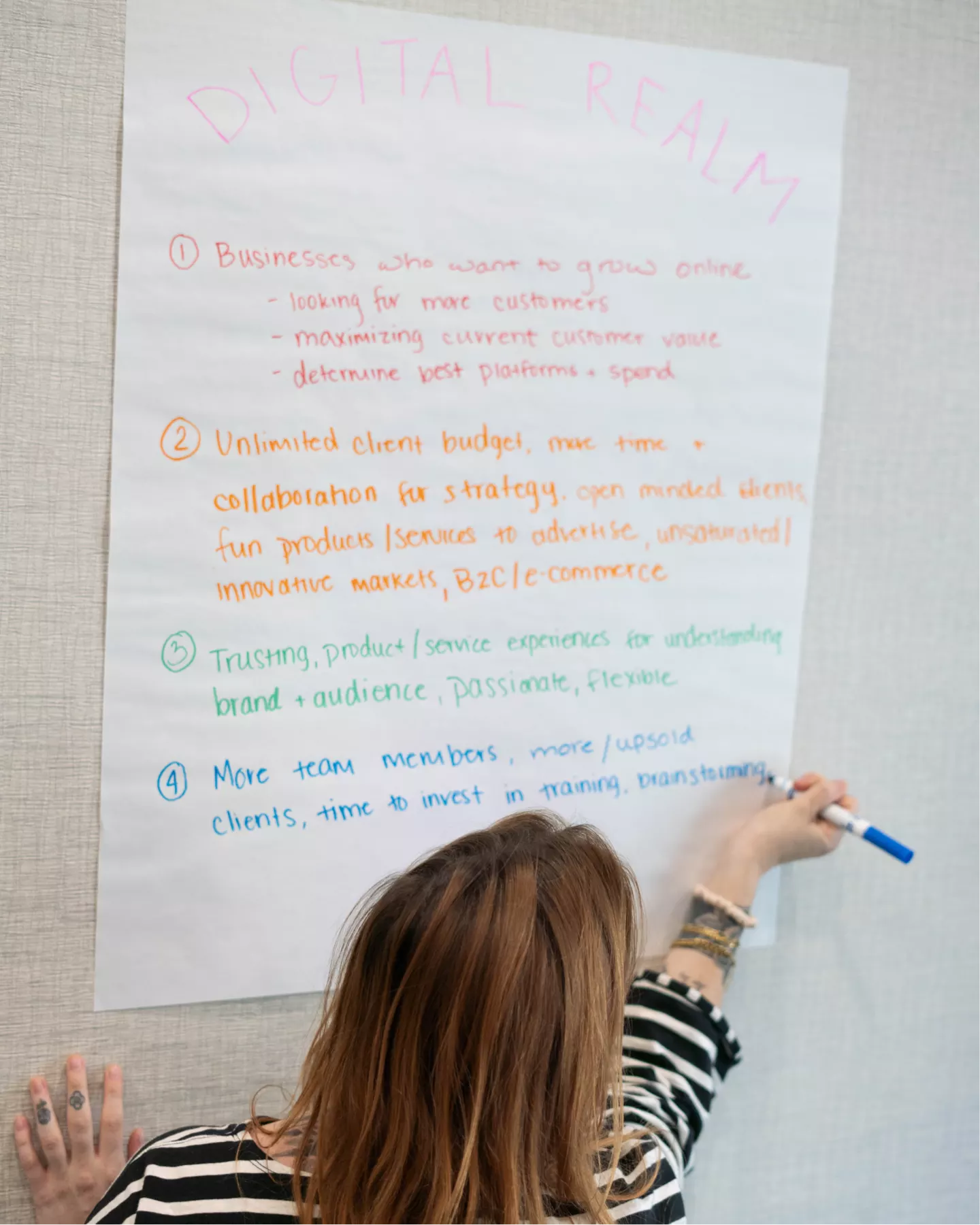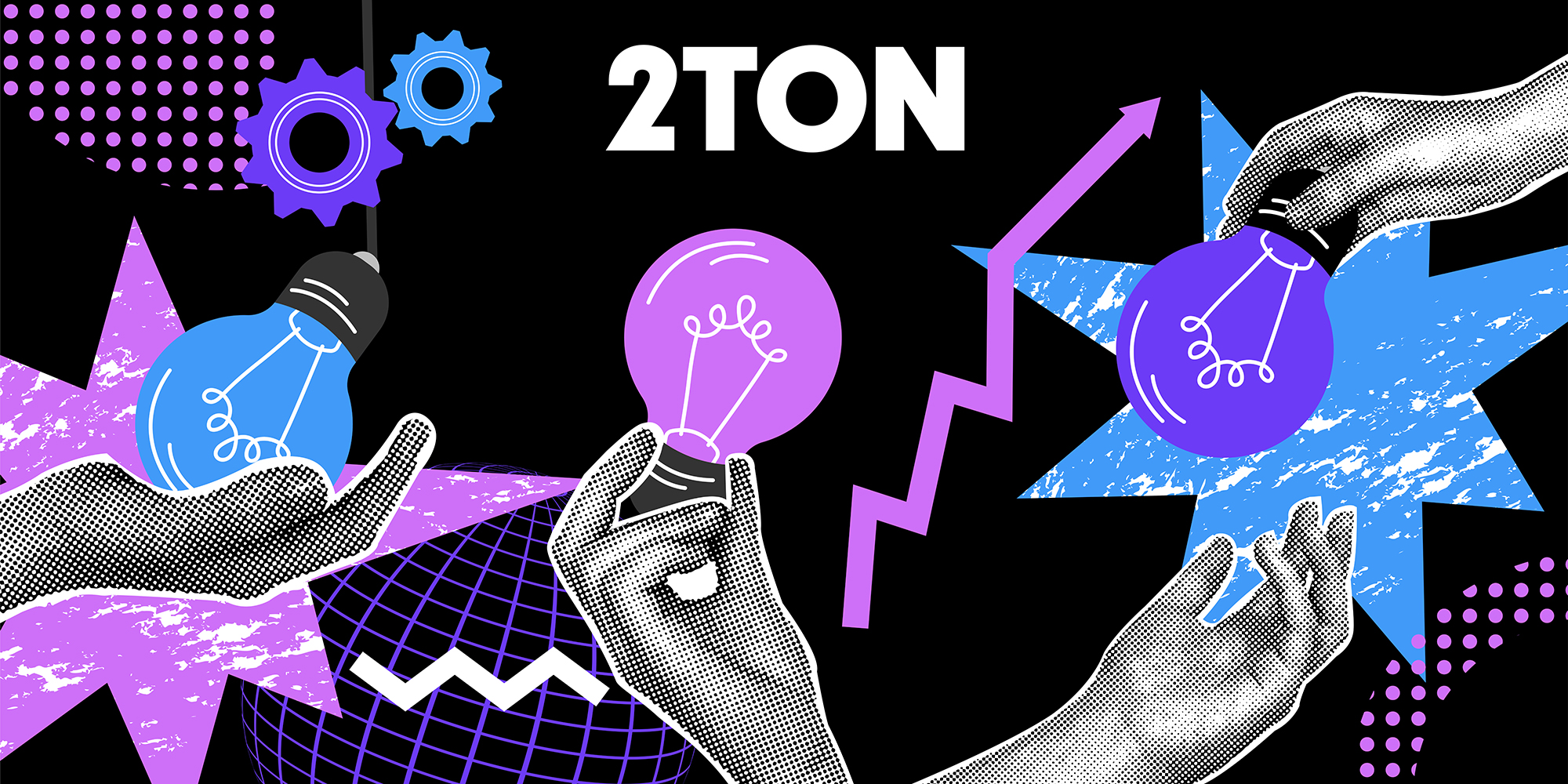Workplace culture plays such a significant role in our day-to-day happiness but it’s often overlooked. While it may not be as glamorous as a pay raise or a private office, it’s just as important – if not more so. In this blog post, we’ll explore the role of workplace culture, its benefits, and offer some tips you can use to foster a happier workplace.
What is workplace culture?
Workplace culture encompasses the shared values, beliefs, attitudes, and behaviors that characterize a company. Think of it as the difference between feeling like you're just clocking in and feeling like you're part of something bigger, something meaningful.
Now, why does that matter?
One of the primary reasons why workplace culture matters for employee happiness is its role in fostering a sense of belonging and community. Most people crave connection, especially in the places where they spend a significant portion of their time (work, school, etc.). A positive workplace culture creates a supportive space where individuals feel valued, respected, and included, enhancing their overall satisfaction.
 Benefits of a positive workplace culture include:
Benefits of a positive workplace culture include:
Enhanced employee engagement
A positive workplace culture fosters a sense of purpose and belonging, leading to higher levels of engagement among employees. When employees feel connected to their work and to their coworkers, they are more likely to be motivated and enthusiastic about their tasks.
Increased productivity
A supportive and inclusive culture promotes collaboration, communication, and teamwork, resulting in improved productivity. When employees feel valued and respected, they are more likely to contribute their best efforts towards achieving common goals.
Improved retention rates
Employees who feel satisfied and fulfilled in their work environment are less likely to look for opportunities elsewhere. This not only reduces turnover costs for the company but also helps maintain stability within teams.
More innovation and creativity
A culture that encourages open communication and risk-taking fosters innovation and creativity. When employees feel comfortable sharing ideas and experimenting with new approaches, it leads to breakthroughs that drive the company forward.
Better employee well-being
Companies that support work-life balance, offer wellness programs, and promote a supportive atmosphere contribute to better overall health and happiness among employees.
Enhanced customer satisfaction
Happy employees are more likely to provide excellent customer service. A positive workplace culture translates into employees who are motivated to go above and beyond to meet customer needs, leading to increased customer satisfaction.
Positive brand representation
A strong workplace culture contributes to a positive brand reputation both internally and externally. Employees who are proud of their workplace are more likely to promote the company’s values and attract customers, partners, and future employees.
Overall business success
Ultimately, a positive workplace culture is linked to overall business success. Companies that prioritize culture see improvements in employee satisfaction, productivity, retention, innovation, customer satisfaction, and more, all of which contribute to long-term growth and success.
How can you foster a happier workplace?
- Foster an environment where employees feel comfortable expressing their thoughts, ideas, and concerns. Encourage regular feedback sessions, both one-on-one and in group settings, to ensure that everyone's voice is heard and valued.
- Recognize the importance of work-life balance. Offer flexible scheduling options, remote work opportunities, and wellness programs to help employees maintain a healthy balance between their professional and personal lives.
- Celebrate achievements, big and small, to show appreciation for employees' hard work and dedication, as recognizing their efforts not only boosts morale but also reinforces a culture of appreciation and mutual support.
- Encourage teamwork and collaboration by creating opportunities for employees to work together on projects and initiatives. Foster a culture of inclusivity and cooperation, where everyone feels empowered to contribute their ideas and expertise towards common goals.
- Be approachable as a leader, and demonstrate a genuine interest in the well-being and development of your team. Your actions and attitudes will have a ripple effect, inspiring others to emulate your behavior.
Workplace culture shapes our experiences, attitudes, and ultimately, our happiness. By recognizing its importance and investing in fostering a positive culture, companies can reap numerous benefits, from increased productivity and employee retention to enhanced innovation and customer satisfaction.


